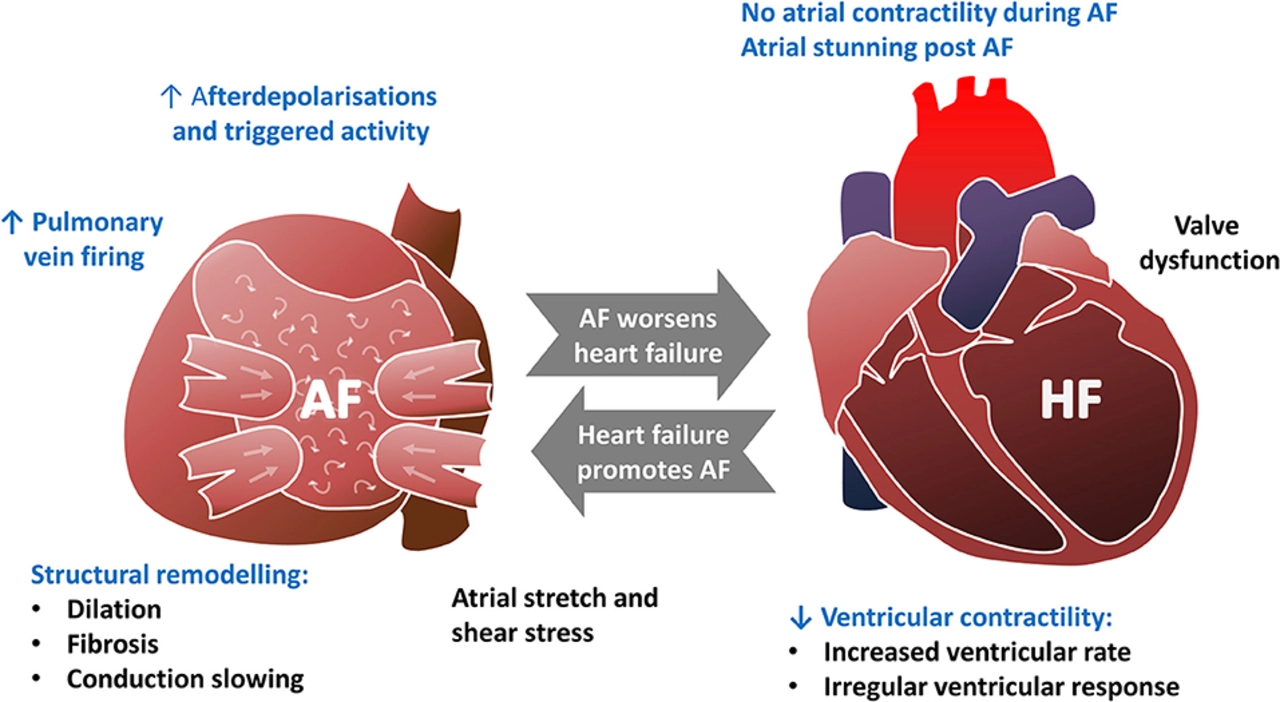Skin Chafing vs Skin Conditions: How to Tell the Difference and Treat It Fast
September 1 2025Heart Failure: What It Really Means and What You Can Do
Heart failure doesn't mean your heart stopped. It means the heart can't pump blood as well as it should. That leads to shortness of breath, swelling, low energy and weight shifts. If you have a diagnosis or suspect symptoms, this page gives clear, usable steps to spot trouble, manage daily life, and talk with your doctor.
Signs, causes and when to act
Common signs include harder breathing during activity or at night, a cough that won’t go away, swelling in ankles or belly, sudden weight gain from fluid, and feeling very tired. Chest pain, fainting, or severe shortness of breath are red flags — get emergency care right away.
Many things strain the heart: prior heart attacks, high blood pressure, valve problems, diabetes, long-term alcohol use, or certain medications. Your doctor will usually run tests like an ECG, blood tests (including BNP), and an echocardiogram to see how well your heart pumps.
Treatment basics and medication tips
Treatment usually mixes medicines, lifestyle changes, and follow-up. Common drug classes are ACE inhibitors or ARBs (help the heart pump), beta-blockers (lower workload), diuretics like furosemide (remove extra fluid), and sometimes aldosterone blockers or newer options your cardiologist prefers. If you see articles on our site about Norvasc, Atorvastatin, or furosemide alternatives, they can help you understand medicine options related to blood pressure, cholesterol and fluid control.
Practical med tips: take pills exactly as prescribed, keep a single pill list, and weigh yourself every morning — a 2–3 lb rise in 24–48 hours often signals fluid retention. If weight jumps or swelling worsens, call your clinic; early tweaks often prevent ER visits.
Daily life adjustments make a big difference. Cut down on salt, aim for gentle exercise like walking or supervised cardiac rehab, limit alcohol, and get vaccinations for flu and pneumonia. Learn to track symptoms and keep follow-up appointments. Small, steady steps add up.
If you travel or have other conditions, plan ahead. For blood thinners or meds like apixaban, read our travel tips to prevent DVT and keep meds safe on flights. If you buy meds online, use trusted checks — look for pharmacy credentials (CIPA, PharmacyChecker), clear contact info, and require a prescription.
When to ask for a medication review: new symptoms after starting a drug, dizziness, fainting, sudden swelling, or confusing side effects. Bring your full med list to every visit and ask how each drug helps and what to watch for.
Heart failure can be managed. With the right meds, attention to weight and salt, regular checkups, and a clear plan for warning signs, many people live active lives. If you want more on specific medicines, safe online pharmacies, or lifestyle tools, check the related guides on this site for focused, practical help.
 11 May
11 May
The Potential Role of Rivaroxaban in Treating Heart Failure
As a blogger, I recently came across some interesting research on the potential role of Rivaroxaban in treating heart failure. Rivaroxaban is an oral anticoagulant that has shown promising results in preventing blood clots and strokes in patients with atrial fibrillation. Studies suggest that it could also reduce the risk of hospitalization and death in heart failure patients. This medication may offer a new, effective treatment option for heart failure patients who struggle with blood clots and poor heart function. I'm excited to see how this research develops and the possible impact it could have on improving heart failure outcomes.
Read More...




